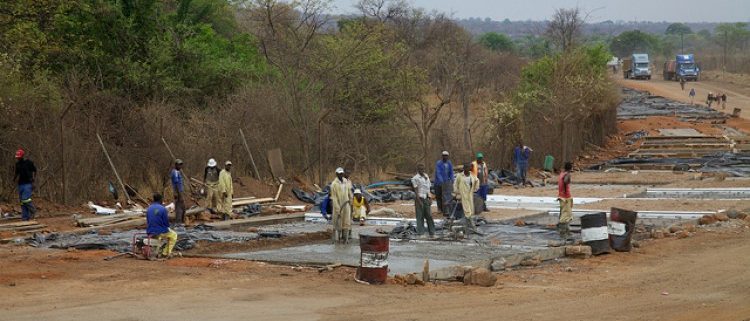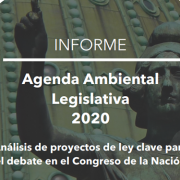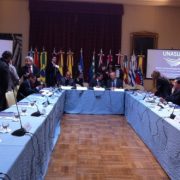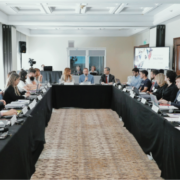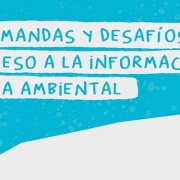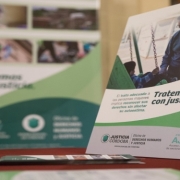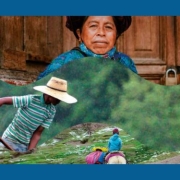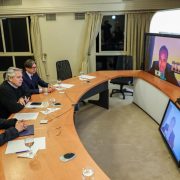Funding infrastructure in Latin America- COP20, Lima
The frame of activities for the Conference of Parties in the framework convention on the Lima Climate Change Conference, will discuss how international funding and socio environmental safeguards in infrastructure projects in Latin America have an impact on the Amazon jungle.
This event has been jointly organised by FUNDAR, Centre of Analysis and Investigation (Mexico), Foundation for the Development of Sustainable Policies- FUNDEPS (Argentina) Association for Environment and Society AAS (Colombia) and the Right of the Environment and Natural Resources- DAR (Peru) all constituting as the regional group for Funding and Infrastructure.
The discussion forms part of the Conference of Parties in the framework convention on climate change in Lima. The speakers will tackle the actual state of funding for infrastructure in Latin America from traditional banks like the World Bank Group/ International Finance Corporation and the new bank from the BRIC Countries. A comparative analysis of four projects with external funding has been carried out in Ecuador, Colombia, Bolivia and Peru, evaluating the impacts on the Amazon forest and the instruments (safeguards) for the management of social and environmental risks.
It will especially be about the negative example of Brazil and the Brazilian Development Bank (BNDES, its acronym in Portuguese). The BNDES, who also funds projects outside of Brazil, has been accused of its lack of transparency, of described social and environmental norms, which have been clearly defined, and the mechanisms guaranteeing the fulfillment of national laws.
It is feared that the recent creation of the BRICS nations bank will neither put enough emphasis on the norms that protect the environment and society in the process of its application. This reality is affecting the policies of traditional banks, such as the World Bank Group or the Inter-American Development Bank (IADB). Those countries seeking to attract more investment will also react to the changes in the available international funding. Large infrastructure projects that ignore the environmental concerns, such are the cases of CVIS (Peru), Mocoa Pasto (Colombia), Coca Codo Sinclair (Ecuador) and the TIPNIS (Bolivia), are proof of it.
A panel of experts on climate change, megaprojects and governance (transparency, participation, risk management) will debate the key ideas and any advance of the previously mentioned analysis. The session will also give the public the possibility to participate in the debate.
Key questions:
1.How can banks apply safeguards on project funding in Latin America to prevent social conflicts and environmental disasters?
2.What is the role of the new national and regional banks in the funding of regional infrastructure?
3.How the weakening of standards in funding the region affects the countries system? How can these react in front of new challenges?
More information:
– Details on the logistics of the event
– Panorama on the funding for infrastructure in Latin America
– Guideline for the discussion. Implementation of a Freedom of Information Policy for The Brazilian Development Bank
– Paradigmatic cases of BNDES investment in South America. Need and opportunity to improve internal policies
Contact:
Gonzalo Roza / Coordinator of Global Governance
gon.roza@fundeps.org
Translated by: Gisela Quevedo

